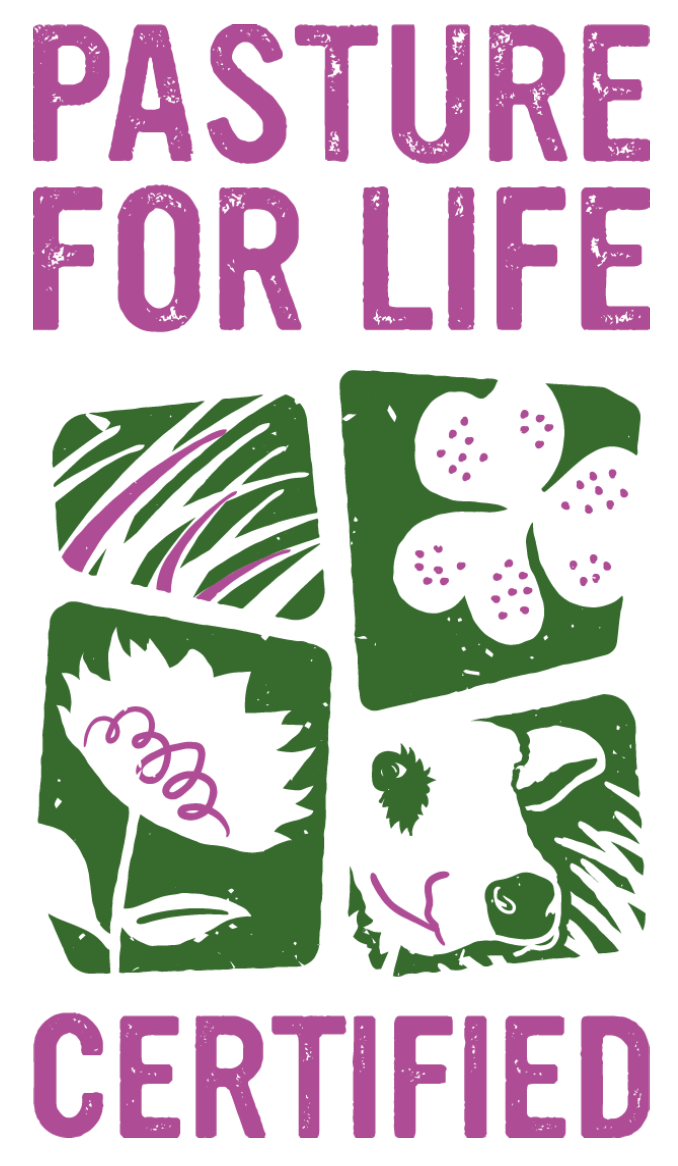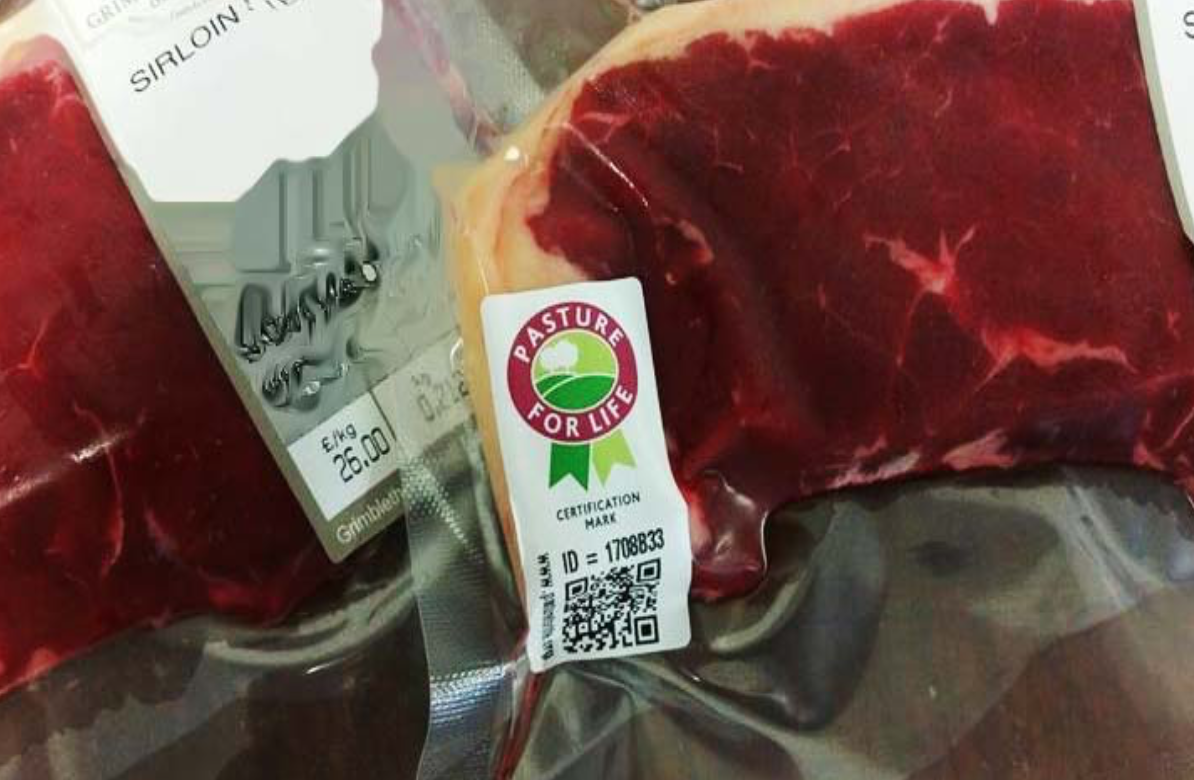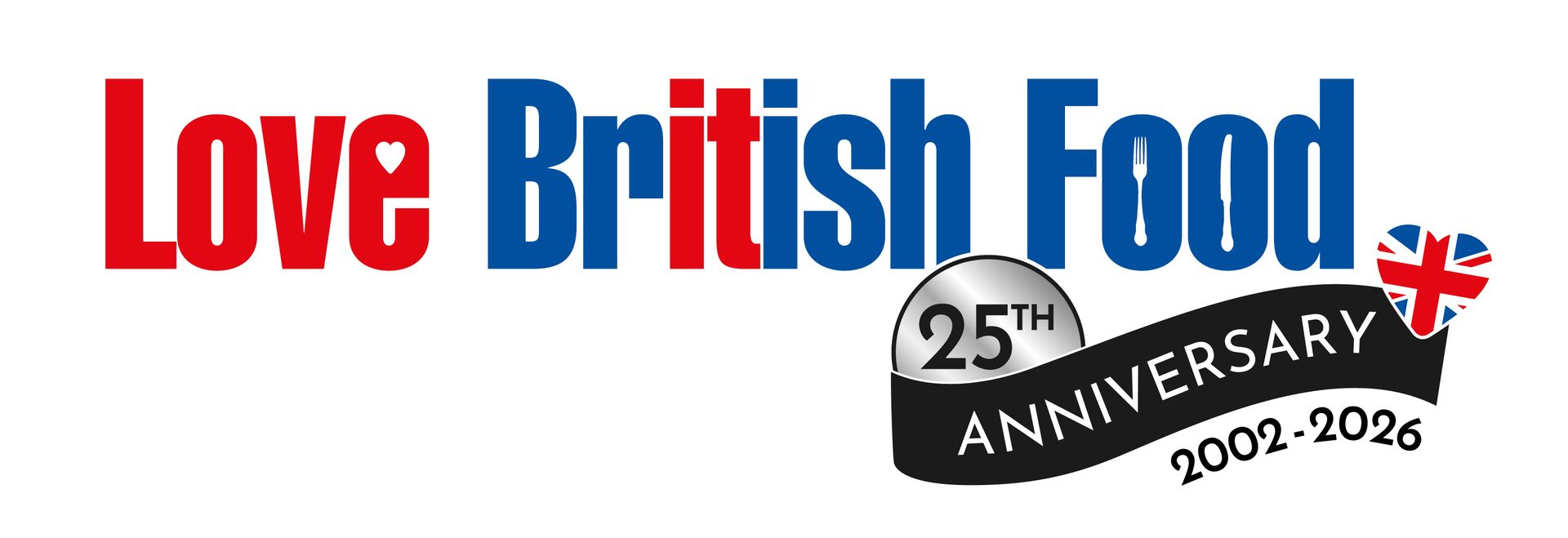
Tell us about Pasture For Life, what are you working to achieve?
Overall, we are working to implement positive change in our food and farming systems, and demonstrate the benefits of 100% pasture fed.
A lot of my personal influence came from the Weston A. Price foundation, with the dietary guidelines focusing on eating whole, unprocessed foods and organic fresh fruits and vegetables. This source of information on nutrition and health is based on the original research collected by Dr Weston A. price whose findings show that before the industrialization of agriculture, superior quality produce was farmed based on a pasture diet. In these times cancer and heart disease was rare, but nowadays allergies and autoimmune problems are common, leading to the conclusion that poor quality produce is one of the causes for the upsurge of diseases in the modern day.
People often start to do their research into nutrition after they seek out a nutritionist who then may advise them to source 100% grass-fed produce, as it has more nutrients and the correct balance of omega 3s to omega 6s. As one Pasture for Life Farmers says...“100% grass fed beef, it’s the new mackerel”! due to it being a rich source of nutrients.
Scientific research has shown that animals fed on pasture live a longer healthier life than those which are grain fed, so not only is it a better option for humans to be sourcing pasture fed meat but the animals benefit too.
What does a farmer need to do to be able to advertise under the pasture for life brand?
The process is overall simple and not costly, there are several steps to go through from self-assessment to the farm inspection and the farm must meet the certification standards (high animal welfare, natural diet, wildlife friendly fields). Currently the PFLA has 900 members of which 150 farms are Pasture For Life Certified and therefore the Pasture For Life logo is on their products in the shops, as well as the members having full access to all marketing initiatives and promotional schemes. There is also a QR code system so that customers can trace every animal back to the farm which is a huge advancement in traceability.
Raising livestock on a pasture-based system will not be suitable for every farm or set of circumstances. However, for those farmers that can, Pasture for Life provides an important distinction over food produced by more intensive methods.
Do you think awareness is increasing amongst consumers about the difference between dairy and meat produced pasture fed from other farming systems?
I think that awareness increases when consumers listen to the advice of a nutritionist who points them down the 100% grass-fed route. As a fact, grass fed beef contains as much as three times more Omega-3 than grain fed beef. With this having large effect on the prevention of depression and cancer, as well as lowering blood pressure, it is not uncommon that a lot of people find themselves purchasing grain free after speaking with a nutritionist. There still needs to be more awareness but this is achieved by education, and there are lots of useful nutritional guides out there.
Do you think it’s clear enough on the supermarket shelf?
Meat marketed as ‘grass fed’ is in fact misleading. The important missing factor here is that the products labelled grass fed are not necessarily 100% grass fed. For consumers looking for 100% grass-fed meat, they can rest assured when products are certified with the Pasture For Life logo on them. They know that the welfare of the animal is top priority and that the farmland is managed in a regenerative way. I do believe that more can be done to make it clearer in the supermarkets, people need to understand the difference between certified meats and others labelled grass fed.
There are nutritional advantages of milk from a pasture-based system, can you tell us about them?
A lot of research has been done by Newcastle university and is accessible to the public. The benefits of the pasture-based system are that milk can be manipulated by management practices; increasing forage in dairy diets raises omega-3 in milk, therefore having further health benefits. Research explored the nutritional differences between different types of milk, finding that Pasture For Life certified milk is a further improvement from the benefits of organic milk, with the higher concentration of beneficial fatty acids along with Omega 3. I think it is especially important for the health service, if they incorporate milk and other products with a higher nutritional value into patients’ meals it would impact patients health in a big way.
I think that sourcing pasture fed products would save the NHS a lot of time and money, with the health benefits as already discussed, people need to do their research into how consuming the right fats can lower the risks of a variety of common cancers – these findings are leading to large advancements in prevention and treatment, therefore it is so important that we place further attention onto our diets.
Do you think farmers are unfamiliar with the opportunities of supplying the public sector?
I think farmers have trouble as a lot of us are poor marketeers, and some are very isolated so don’t see the opportunities. Pasture For Life farmers are much more cooperatively minded and better placed to form groups to supply specific markets.
As for marketing the products to the public sector and representing the value of them, this is not something that all farmers are familiar with or know where to start. Also, I think it is a huge task to try and get caterers who don’t already use pasture fed meat, to switch their sourcing especially with the immense pressure that caterers are already under, it is understandable that it is hard for them to cope with additional changes. Hopefully we can work towards this for the future.
For further information and advice head to the Pasture For Life website:
https://www.pastureforlife.org

Keep a look out for Pasture For Life certified meat on the supermarket shelves:

Share:
You may also be interested in...














